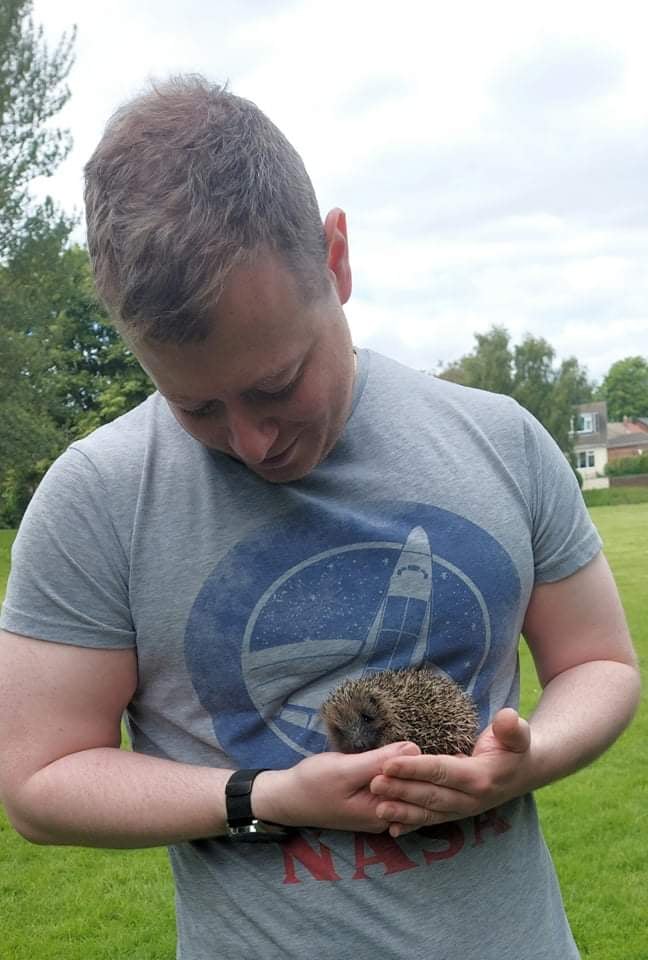
The Joint Enterprise Law, which has allowed people to be convicted of murder even if they did not inflict the fatal blow, has been misinterpreted for over 30 years.
The law has been used to convict people in gang-related cases if those involved “could have foreseen” violent events by their associates.
Now, the Supreme Court has ruled the law has been misinterpreted a large number of convicted murderers could appeal to have their convictions overturned.
In 2007, Kevin Johnson was stabbed to death outside of his home in Pennywell after confronting a group of youths about their rowdy behaviour. Three teenagers were convicted of his murder yet only one stabbed him.
Dean Curtis, 19, was told he must serve a minimum of 17 years. Tony Hawkes, 17, was jailed for at least 16 years for Kevin’s murder. Jordan Towers, 16, was also convicted of the murder under the joint enterprise ruling.
Tower’s family have campaigned his innocence, arguing he was 25ft away from the scene of the crime and couldn’t have been involved.
Since his son’s murder John Johnson, Kevin’s father, has called for the joint enterprise law to remain.
Five Supreme Court justices had analysed the issue at a hearing in London when considering an appeal by a man who was convicted of murder after egging on a friend to stab a solicitor.
Ameen Jogee and Mohammed Hirsi, both in their 20s, were given life sentences at Nottingham Crown Court in March 2012 after being convicted of Paul Fyfe’s murder.
Jurors heard that Hirsi stabbed Mr Fyfe – a former policeman – at a house in Leicester in June 2011 while being egged on by Jogee.
A judge imposed a minimum 22-year term on Hirsi, who lived in Leicester, and a minimum of 20 years on Jogee, who was of no fixed address.
Jogee’s minimum term was cut to 18 years by the Court of Appeal.
The Supreme Court allowed Jogee’s appeal against conviction.
Justices said he would stay in prison pending a decision on whether he should be re-tried for murder or re-sentenced on the basis that he was guilty of manslaughter.
Mr Fyfe’s widow, Tracey, 53, from Melton Mowbray, Leicestershire, said the ruling had left her “absolutely gutted”.
She said she wanted Jogee re-tried on a murder charge.
Lord Neuberger, the President of the Supreme Court, had headed the panel which analysed the joint enterprise issue.
He said trial judges could not be criticised for following a “principle” established by senior members of the judiciary three decades ago.
Lord Neuberger said the Supreme Court decision would not affect all joint enterprise cases.
And he said it did not “follow as night follows day” that people convicted under the “erroneous rule” would “not otherwise have been convicted”.
Solicitors predicted many calls from prisoners.
“I think lawyers can expect many calls. Probably running into the thousands,” said Maria Theodoulou, a partner at Stokoe Partnership Solicitors.
“This ruling will reverberate with those who have been convicted of joint enterprise offences but this does not automatically mean that can can appeal their convictions.”
She said it was an “outrage” that a “fundamental error” had gone uncorrected for 30 years.
Sean Caulfield, a partner at law firm Hodge Jones & Allen, said he also expected calls to lawyers to run into the thousands.
He added: “This judgment does not overturn previous convictions automatically. However the Court of Appeal are likely to receive a series of appeals based on today’s decision.”
Sandra Paul, who works for law firm Kingsley Napley, went on: “A lot of people will want to know if they are affected. I expect lawyers will get a lot of calls. How many of those calls result in a significant change is hard to say.”
She said the ruling related to a specific facet of the law on joint enterprise.
And she said the public should not assume that every case they had read of involving joint enterprise would be affected or result in appeals.
“It relates to cases where people start out doing one thing and then someone does something else. It relates to people foreseeing what someone else will do. There are other kinds of joint
enterprise cases which this will not affect. The Lawrence case, for example. From what I know of that, this ruling will not affect it. It may be that a lawyer will be asked for advice. But I don’t think this ruling would affect it.”
The Prison Reform Trust said the ruling had brought “useful clarity to a complex area of law”.
Director Juliet Lyon added: “The court’s ruling that the law ‘took a wrong turning’ will undoubtedly bring back to court cases where the original outcome was unjust. It is impossible to say how many cases this will affect.”
A spokesman said he expected the trust to receive many calls for advice from prisoners.
Campaign group Jengba (Joint Enterprise Not Guilty by Association) hailed the ruling.
“This is a major turning point in British justice,” said Jengba campaigner Deborah Madden.
“The joint enterprise rule has been used to get mass convictions without evidence. It has caused devastation for families.”
She added: “We know of 650 people who we think will be affected by the ruling – and we don’t know everyone.”
Jogee’s solicitor, Sandeep Kaushal, said he also thought that around 600 cases could be affected.



